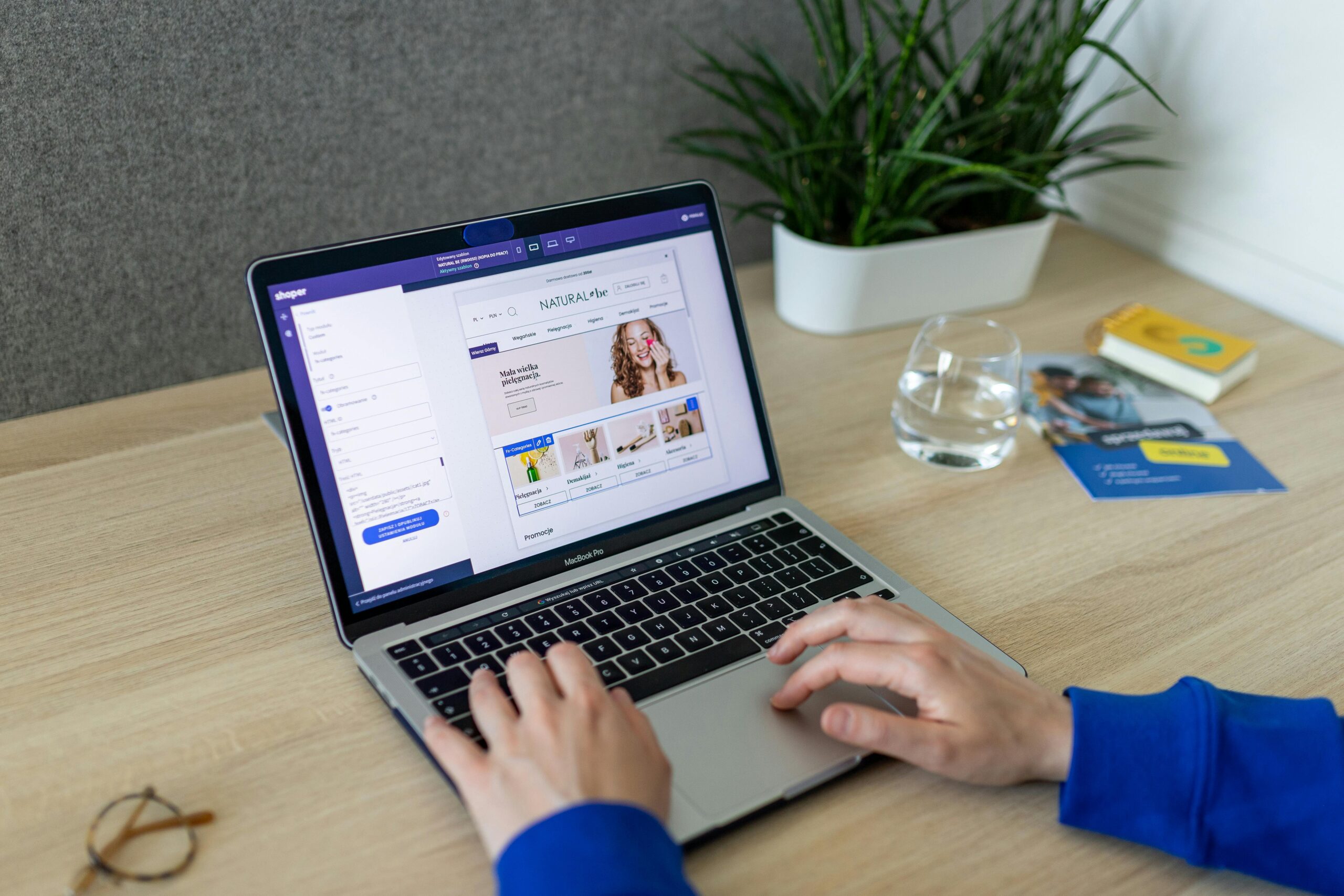If you’re thinking of starting a business in 2025, you’re not alone. With the rise of remote work, artificial intelligence, and digital marketplaces, it’s never been easier—or more affordable—to become your own boss. Technology has opened the doors to thousands of opportunities, especially for people who want to work from home or build a flexible lifestyle. Looking for the best business ideas to start today?
This guide will help you explore 25 of the best small business ideas in 2025. Whether you’re working with a tight budget, looking to quit your 9-to-5, or simply exploring a side hustle, this list is packed with practical, profitable options.
What Makes a Good Business Idea in 2025?
When choosing a business idea, you want more than just a trending product. A strong business idea should be:
- Scalable and Sustainable: You want a business that can grow over time.
- Affordable to Start: Many of today’s top businesses require little or no inventory.
- Tech-Friendly: Automation and AI can save time and increase profits.
- Location-Independent: The best businesses in 2025 are built online or remotely.
Let’s dive into ideas grouped by category to help you find the perfect match.
25 Small Business Ideas for 2025
A. Online and Digital Businesses
- E-commerce Store (Dropshipping or Branded)
Create a store using Shopify or WooCommerce and sell products without holding inventory. Learn more about dropshipping. - Digital Product Creation
Sell ebooks, templates, or online courses. Great for creators, coaches, or educators. - Niche Subscription Box
Offer curated items around a specific interest—think snacks, skincare, or pet toys. - Affiliate Marketing Website
Promote other people’s products and earn commissions through SEO-optimized blogs. - Content Creation (YouTube, Podcasting, Blogging)
Monetize through ads, sponsorships, and merchandise.
B. AI and Tech-Based Businesses
- AI-Powered Service Agency
Use tools like ChatGPT, Jasper, or Midjourney to offer copywriting, ad creation, or automation services. - Chatbot Development for Small Businesses
Help local shops and websites improve customer service using chatbots. - SaaS Product for a Specific Niche
If you can code, build a small software solution that solves one specific problem. - Mobile App Development
Even simple utility apps can generate recurring revenue through ads or in-app purchases. - Tech Consulting or Remote IT Support
Support small businesses with cloud services, cybersecurity, or digital setup.
C. Health, Wellness & Lifestyle
- Online Fitness Coaching
Offer workouts, live Zoom classes, or fitness plans. - Meal Prep or Healthy Snack Delivery
Focus on health-conscious or dietary-specific foods. - Virtual Mental Health or Life Coaching
Provide support and goal setting via video calls and digital worksheets. - Organic Skincare or Wellness Brand
Use natural ingredients to create lotions, oils, and more. - Sleep & Productivity Tools
Sell blue-light glasses, guided sleep apps, or sound machines.
D. Local Services & Skilled Trades
- Eco-Friendly Cleaning Service
Target homes and offices that prefer non-toxic, green cleaning. - Mobile Car Detailing
Provide on-site car cleaning for busy professionals. - Home Organizing or Staging Business
Help homeowners or real estate agents prepare homes for sale. - Pet Grooming or Sitting Service
High demand in urban areas with pet-friendly communities. - Landscaping & Garden Design
Perfect for those who love working outdoors.
E. Creative & Freelance Opportunities
- Graphic Design or Branding Studio
Design logos, business cards, or full brand kits. - Social Media Management
Manage Instagram, TikTok, and Facebook for brands. - Virtual Assistant Business
Offer administrative support to remote businesses. - Handmade Products (Etsy Store)
Create jewelry, crafts, or decor items and sell them online. - Photography/Videography
Serve weddings, content creators, or small business events.
📊 Business Trends to Watch in 2025
Top Growth Industries for Small Business (2025 Projection)
----------------------------------------------------------
Industry | Growth Rate (Est.)
-----------------------------|---------------------
AI & Automation Services | 38%
E-commerce (All Models) | 24%
Health & Wellness Products | 20%
Online Education | 18%
Home Services (Local) | 15%
Source: Statista, IBISWorld Projections
What makes a strong business idea?
A strong business idea is more than just something that sounds exciting—it’s a concept that has real potential to succeed and grow. A strong business idea addresses a need, pain point, or desire in the market. If people are actively searching for a solution or expressing frustration, there’s an opportunity.
You want to see signs that people are willing to spend money on this idea. Tools like Google Trends, Amazon bestsellers, or keyword research can help validate interest. The idea should be able to grow without equally growing your workload. Can you automate or delegate parts of it? Is the market expanding year over year?
The best business idea aligns with your strengths, passions, or experience. You’re more likely to stick with it and handle challenges if you care about the work. A strong idea doesn’t require you to drain your savings. Bonus points if you can start small, validate demand, and reinvest profits to grow.
How to Choose the Right Business Idea
Choosing the right idea means more than following trends. Here’s how to make the best decision:
- Match to Your Strengths: Pick something you’re good at or excited to learn.
- Start Within Budget: Avoid ideas that require high inventory or rent.
- Do Market Research: Check Google Trends, Facebook groups, or Reddit for audience demand.
- Think Long-Term: Can the business grow over the next 3–5 years?
CTA: Need help validating your business idea? Read our free guide to starting your business from scratch.
What to consider before starting a business?
Before starting a business, it’s important to look beyond the excitement of being your own boss and carefully evaluate your readiness, the idea itself, and the market. You need to consider your motivation and goals, market research, your skills and experience, costs and budget and time commitment.
Starting a business is exciting, but planning increases your chance of success. Do your homework, know your numbers, and stay flexible. The goal isn’t perfection—it’s progress and persistence.
How can I start my own business with no money?
Starting a business with little or no money is 100% possible in 2025—especially with the rise of digital tools, free platforms, and remote work. The key is to start small, use what you already have, and focus on skills over capital.
Pick a business idea that uses your existing skills, talents, or experience—so you don’t need to pay for training or tools. Good writer? Start a freelance writing or copyediting service. Creative? Offer graphic design, social media content, or voiceover work.
Focus on businesses with low to zero startup costs, like freelancing or consulting, affiliate marketing, or dropshipping (no inventory needed).
You don’t need money to start—you need resourcefulness. Focus on solving a problem, serving people, and growing one step at a time.
Final Thoughts
2025 is filled with opportunity. You don’t need to wait for the perfect moment—just take the first step. Start small, test ideas, learn what works, and grow from there. Whether you’re going digital, offering local services, or launching a creative venture, there’s something in this list for everyone.
Start today: Pick one idea, research it, and build a simple plan to launch within 30 days.
FAQs About Small Business Ideas in 2025
Q1: What’s the easiest business to start with little money?
Digital services like content writing, graphic design, or social media management are easy to start with low cost.
Q2: Are online businesses still profitable in 2025?
Yes! With the rise in remote work and digital consumption, online businesses are more profitable than ever.
Q3: How do I know if a business idea is good?
Check if it solves a real problem, has demand, and matches your skills or passion.
Q4: Do I need a business license to start?
That depends on your location and type of business. Check with your local government or a legal advisor.
Q5: Can I run more than one small business?
Yes, but it’s better to focus on one at a time until it’s stable before expanding.
Q6: How much money do I need to start a business?
The amount of money you need to start a business depends on what type of business you’re starting, your goals, and how lean you want to begin. Test your idea before spending too much. Grow using income from early sales instead of loans if possible.
Q7: Is small business ownership risky?
Yes, small business ownership does come with risks, but it also offers great rewards when managed wisely. Understanding the risks upfront helps you prepare, reduce surprises, and make smarter decisions.
Disclaimer
This article is for informational purposes only and does not constitute legal, financial, or business advice. Always consult with a professional before starting any business or making investment decisions.



